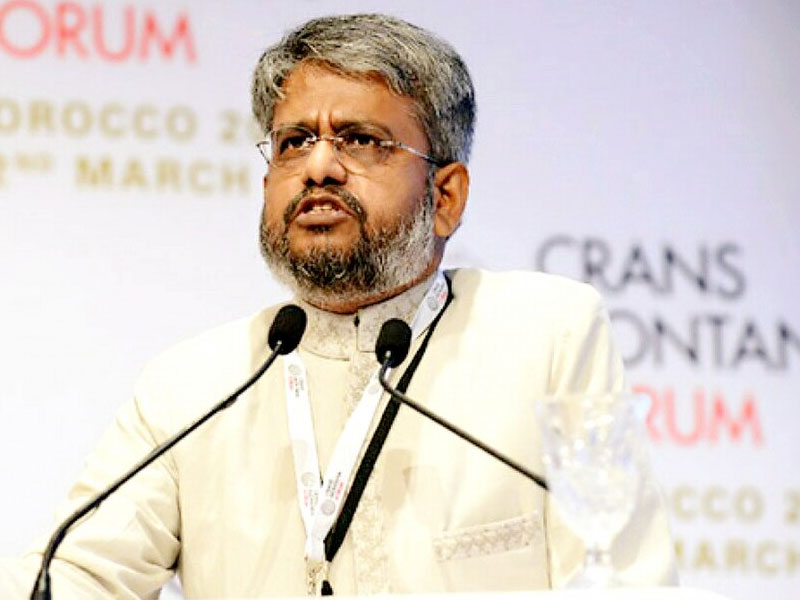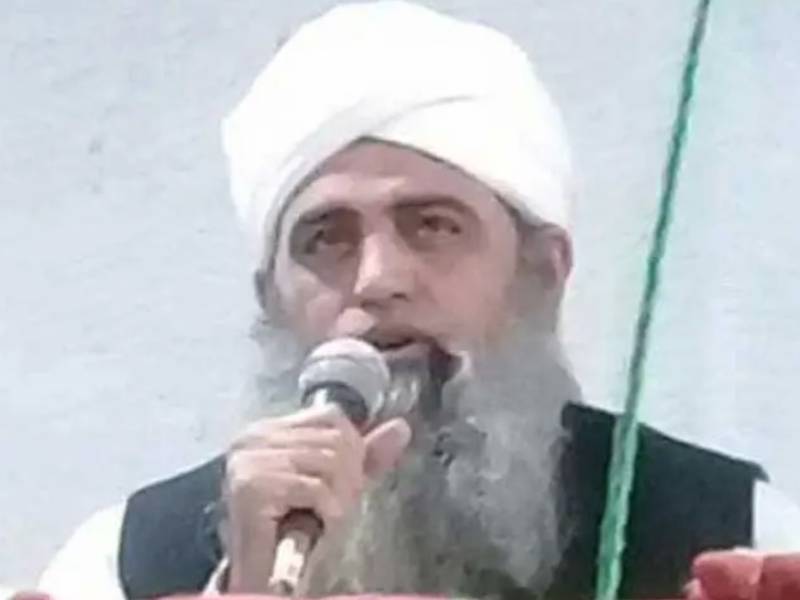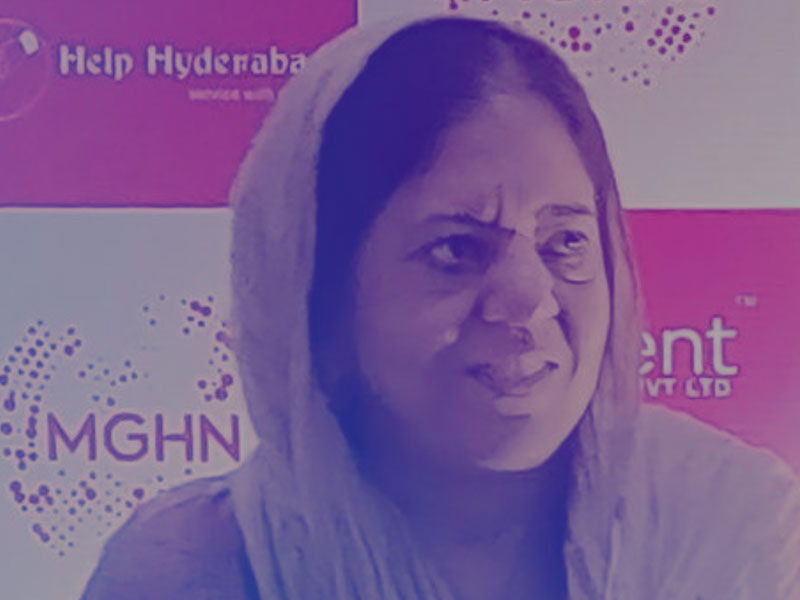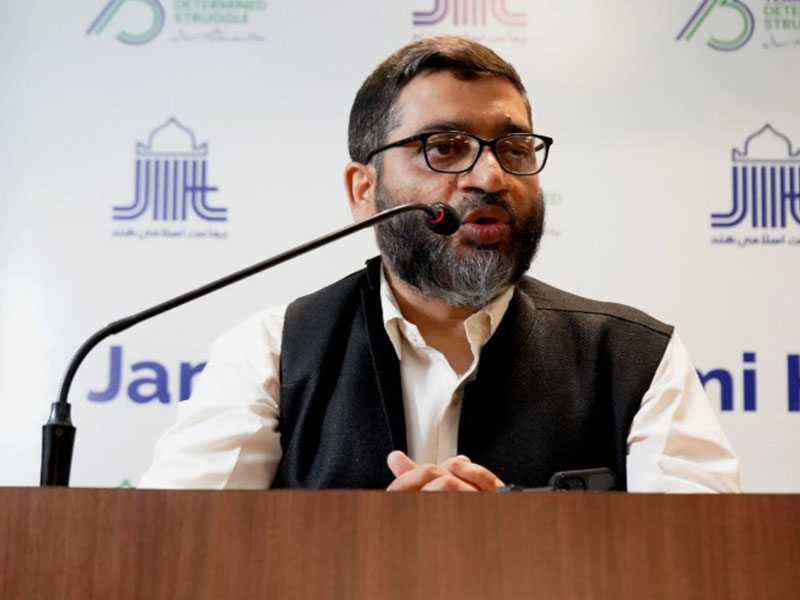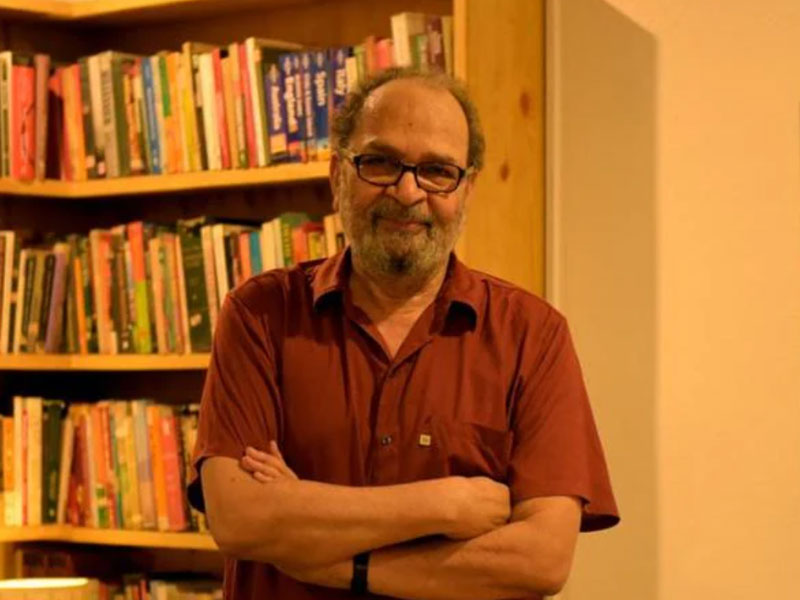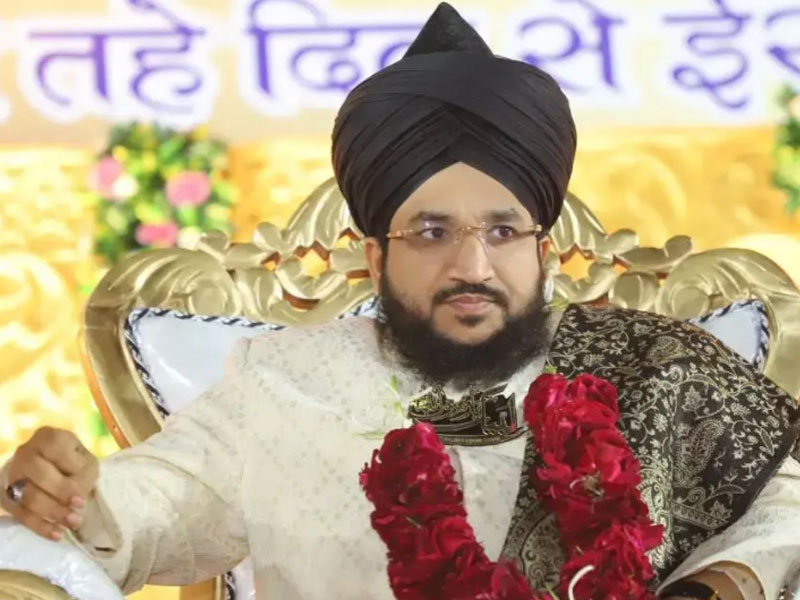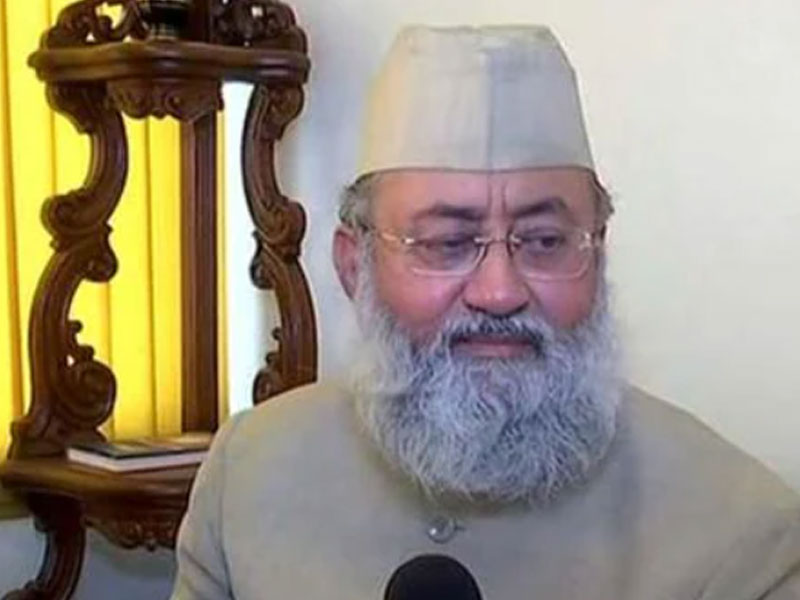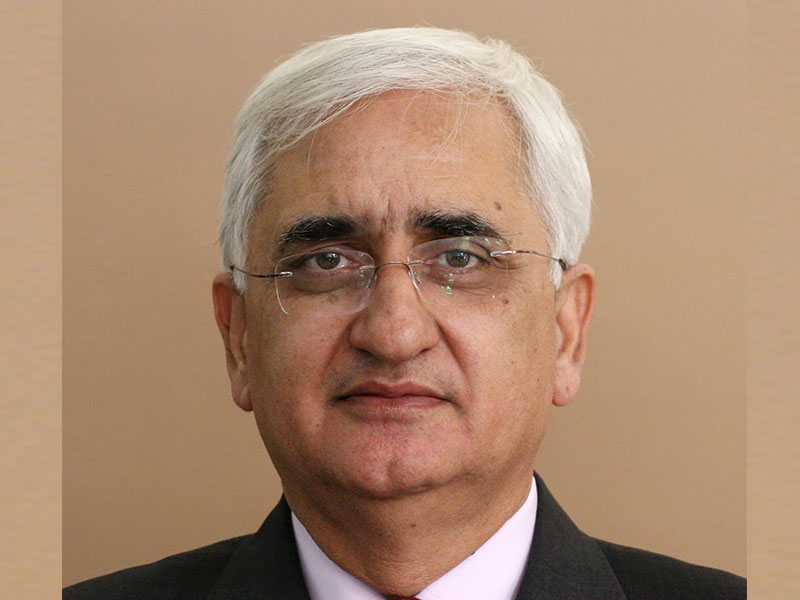Saeed Naqvi (born 1940) is a distinguished Indian journalist, television commentator, and interviewer whose career spans more than five decades. Renowned for his incisive reporting and deep understanding of global affairs, he has made a lasting impact on Indian journalism. Naqvi began his career with The Statesman in 1964 as a staff reporter and later became editor of its Sunday Magazine. He gained international attention for his coverage of The Beatles’ 1968 visit to India, offering vivid insights into their stay at Maharishi Mahesh Yogi’s ashram in Rishikesh.
Over the years, Naqvi has interviewed some of the world’s most influential leaders, including Nelson Mandela, Fidel Castro, Muammar Gaddafi, and Mikhail Gorbachev. His expertise in foreign affairs led him to head World Report, a publication focused on international diplomacy and conflict. His writings have appeared in globally respected outlets such as The New York Times, The Guardian, and The Washington Post, further establishing his reputation as one of India’s leading interpreters of world events.
Naqvi also played a pioneering role in shaping India’s television journalism. He contributed significantly to programming for Doordarshan and Star TV, helping create shows that introduced Indian audiences to global politics, cultural diversity, and international perspectives at a time when such content was rare.
As an author, Naqvi has produced several influential works, the most recent being The Muslim Vanishes, a thought-provoking exploration of identity, democracy, and communal politics in contemporary India. His lectures—including a TEDx Talk at Jamia Millia Islamia and sessions at Columbia University—reflect his stature as an intellectual commentator.
Born and raised in Lucknow, Naqvi studied at La Martinière College. He is married to Aruna Naqvi and is the father of three daughters, including journalist Saba Naqvi and writer-activist Farah Naqvi. Today, Saeed Naqvi continues to be an authoritative voice in national and international discourse, admired for his clarity, integrity, and fearless journalism.

